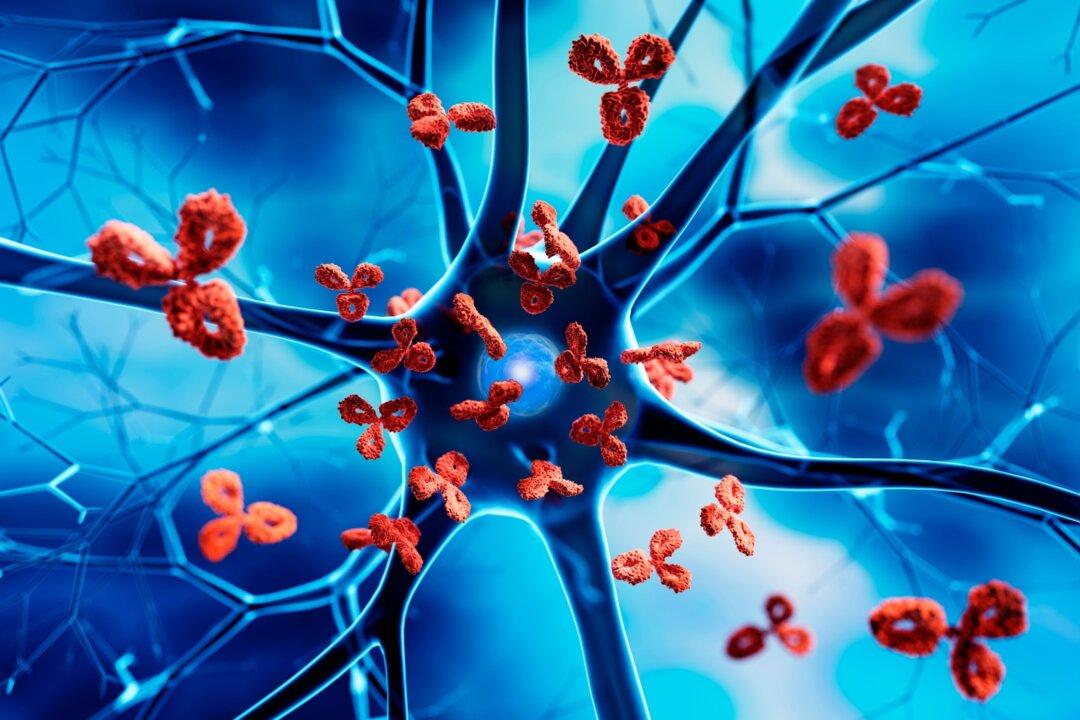Gastrointestinal problems are some of the most common complaints functional medicine practitioners face from new patients. However, many practitioners treat the gut with a one-size-fits-all protocol — probiotics, digestive enzymes, gut supplements, and a gut-healing diet that cuts out all the “bad” foods.
Unfortunately, many patients continue to suffer because a cookie-cutter approach doesn’t work for many.






